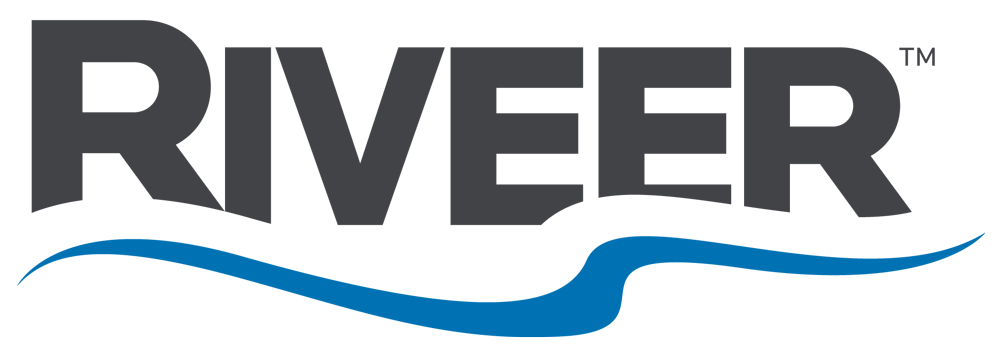Rental Equipment
Why Every Rental Equipment Dealer Should Invest in a Wash Rack
Rental Equipment
Why Every Rental Equipment Dealer Should Invest in a Wash Rack
Rental equipment, such as backhoes, excavators, cement mixers, trench diggers, and the like, plays a crucial role in construction and infrastructure projects. However, after they’ve done the work, this equipment often returns dirty and caked with debris such as mud, clay, and dirt, requiring extensive washing before it can be put back into service. The optimal solution for containing wash water is a wash rack. Drive-in wash racks provide an eco-friendly solution for rental and construction companies to clean equipment, properly dispose of the effluent, and even capture wash water for reuse.
Environmental Compliance
When properly configured, wash racks and wash water recycling systems ensure that any oily or polluted wash water is properly discharged in the sewer and not the storm drain, which is typically mandated by local, state, and federal regulations. In addition, these containment systems can collect and filter wash water, reducing the amount of freshwater required and saving money in the long run.
The Environmental Protection Agency (EPA) has established regulations on how to properly discharge wash water from equipment to help protect our environment. These regulations help prevent the spread of pollutants into nearby bodies of water and help maintain healthy waterways. Compliance with these regulations is critical for protecting our environment and avoiding costly fines and penalties.
When washing equipment, if the process involves any chemical or hazardous material, it is important to dispose of the wash water in a way that meets EPA standards. Improper waste disposal can pollute the environment and have lasting effects on local ecosystems. By complying with the EPA’s regulations, companies can help ensure that their operations are not contributing to water pollution or other environmental damage.
These requirements include:
Before being discharged, all discharges must be pre-treated to remove as much waste material, solids, and oils as possible.
Total suspended solids (TSS) must not exceed 30 mg/L.
Oil and grease concentrations must not exceed 10 mg/L.
pH levels must be between 6 and 9.
Cost Savings
- It’s not all about rules and regulations, though. Wash racks offer several benefits that help reduce operating costs and protect equipment:
- Pressure washing removes dirt and grime from hard-to-reach areas, preventing corrosion and rust.
- Wash water recycling reduces water usage and water bills.
Proper washing extends equipment lifespan and reduces repair costs. - Wash rack systems increase the speed and efficiency of washing, reducing downtime and manpower requirements.
Thorough cleaning enhances customer satisfaction by providing clean rental equipment.
Protection of Equipment
Rental equipment is exposed to rough handling, making proper washing crucial for longevity. Wash racks offer a solution to maintain the equipment in top condition, prolonging its lifespan and providing customers with clean equipment.
Materials and Design
Wash racks can be constructed of steel and located both inside and outside. The design of the wash rack system should be tailored to the rental company’s specific needs and the equipment being washed. Concrete wash pads provide a more permanent solution but come with higher construction costs and require engineering and permitting.
Conclusion
Investing in a wash rack system is a responsible and sustainable approach to washing heavy equipment in the rental industry. It provides proper washing, captures wash water, and allows for water recycling, resulting in cost savings and a reduced environmental impact. Companies like Riveer offer design, sales, and service of wash rack systems.
